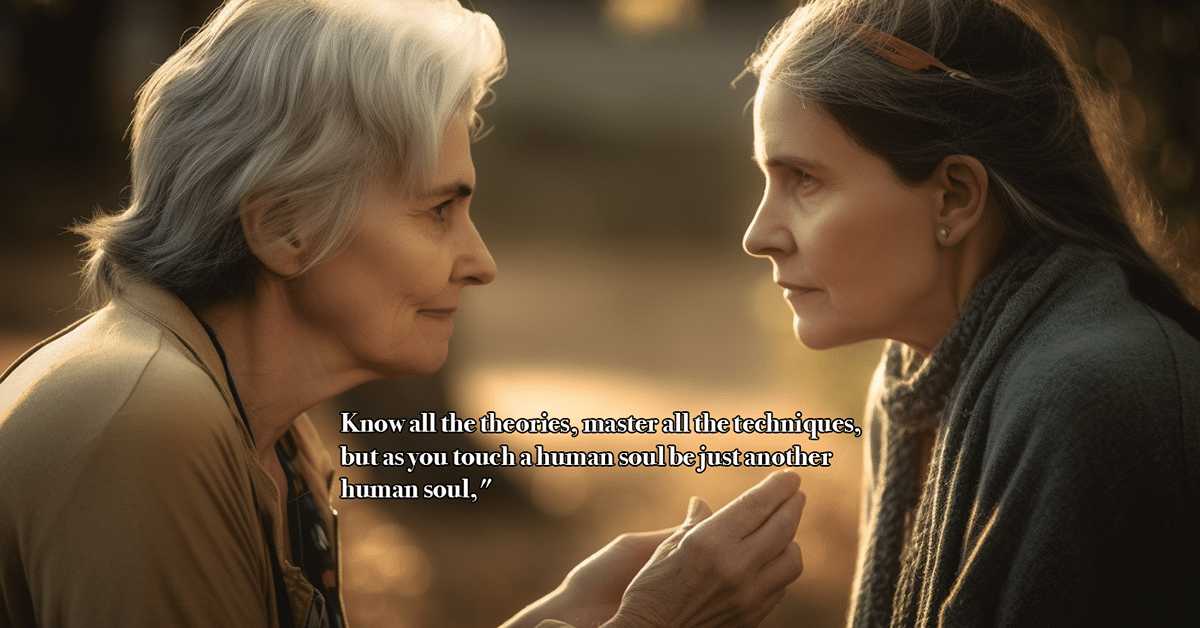We always want to see our partners be at their absolute best. Watching them thrive, succeed, and be happy are some of the greatest joys in life we can experience. And it absolutely breaks our hearts when they aren’t at their best.
If your partner is dealing with depression, you may feel lost on what you can do to help them. Or you may think that what you are doing is not enough for them. When nothing seems to lift them out of the dark cloud, you may even blame yourself.
Depression is a beast to deal with it. It affects the person going through it and their loved ones as well. As your partner navigates depression, here are a few ways that you can be there for them during this time.
Think About What You Will Say Before You Say It
This is something that we should all do, regardless of the situation. But when your partner is dealing with depression, it’s important to remember that some things are better left unsaid. Why? Because sometimes, we mean well, but how we come across is anything but that.
For instance, it’s common to say things like, “I don’t understand why you’re so sad all the time; cheer up!” “There are so many other people out there who are suffering worse than you.” “You should just be over it by now; shake out of it!”
These are all extremely hard things to hear when dealing with depression. All of those things may have good intentions (for the most part) behind them, but that doesn’t always mean they are the best things to say to someone.
Instead, try a more gentle approach. “I don’t quite understand what you are going through right now, but know that I am here for you when you want to talk.”
Don’t Force Them To Do Something
When you don’t suffer from depression, getting out can boost your mood. However, depression doesn’t go away with a trip to the theater and some popcorn. You might feel like going out and doing something will help your partner’s mood, but it is unfortunately not that simple.
More than likely, they don’t want to do anything. That doesn’t mean you shouldn’t offer to get them out of the house or do something you know they typically would enjoy. Please do those things; even if they say no, they’ll see that you are at least trying. Sometimes, when you are in a depressive episode, just getting through the daily motion of life is enough of a struggle—without adding anything extra.
It’s Ok To Sit In Silence
If things seem tense, you don’t have to fill the air with words. It’s ok to sit together in silence. While talking does tend to make people feel better, sometimes they aren’t at that point yet. They may not want to talk about what’s going on in their mind right now. That’s completely normal.
Truthfully, everyone processes emotions and thoughts differently. Some people find talking helps, while others want to sit in the quiet and think to themselves.
Let Them Know It’s Ok To Need Support
Everyone needs a support system. It’s what makes us human. You can offer your support in a gentle way that lets them know you are there when they are ready. You can figuratively and literally hold their hand throughout this process.
And if nothing else, you can encourage them to break this cycle by seeking support from a licensed counselor. It’s okay not to be okay, and you can encourage them to reach out for help when they are ready.
Keep Reading
Want more? Here are some other blog posts you might be interested in.








